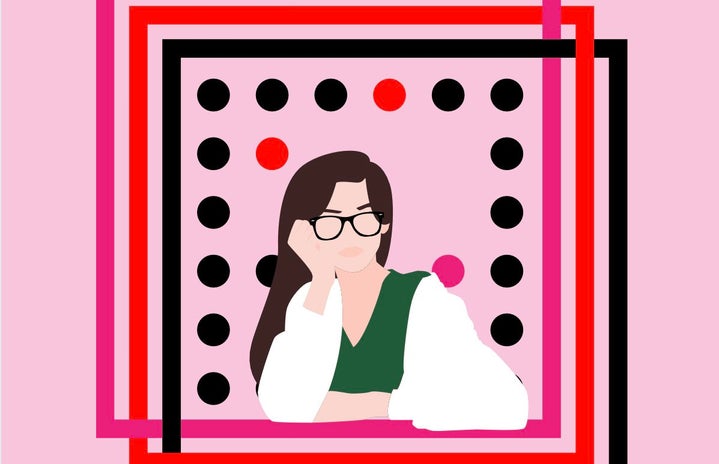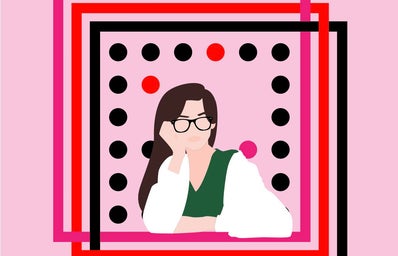I remember the things that my mother used to say to me the same way one might remember being kicked in the stomach. She has a special way of managing to completely knock the wind out of you with just her words. A casual car ride could turn treacherous when she would turn around and say, “You know that your sister is always going to have trouble finding love, right? Boys only love skinny girls.” Then she would turn back to the steering wheel as if nothing unusual had passed through her lips. It would take years and lots of therapy for me to recognize that the way my mom views love and beauty is, in fact, unusual.
In the past few years, it has become far more acceptable to cut toxic family members from your life, regardless of the age-old argument that these people are, in fact, family. More people are choosing to focus on their own mental health instead of humoring the relatives that deter recovery, which is undoubtedly a positive thing. For many though, including me, this form of self-care isn’t a simple feat. For me, cutting the most toxic person out of my life means cutting out the person that I love more than anybody else in the world: my mother.


Everything in our home was meticulously placed, giving the constant impression that nobody actually lived there. For my mom, the sole purpose of her existence was to please other people, and that meant everything in her life had to be perfect. Her home, her body, her children, her husband — they were all held to a standard that could never be reached. She was never happy with herself or the life that she had built, and as a result, I was never happy with myself.
Things became even more difficult when my dad cheated on her. My entire life, I’d almost prayed that my parents would get divorced if it meant that I could live with my dad permanently and escape my mom. But at 15 years old, the concept of infidelity was entirely black and white to me. I chose to stay with my mom. I chose to truly embrace my role as my mother’s daughter. I became afraid to eat around her and even more afraid to be in a bikini in front of her. I spent most of my time running miles around the neighborhood instead of doing my homework. It wasn’t long before I refused to eat around anybody and began skipping school so nobody would be able to look at my body. I lived by her words, even when her words did nothing but encourage me to continue destroying myself. Despite all of this, it still took me years to go to therapy, because I genuinely didn’t see anything wrong with my behaviors.
I started passing out at school during my senior year of high school. It wasn’t long until I had two therapists and a psychiatrist that all helped me come to the same conclusion: my mother was wrong. The words that she had been feeding me for years were wrong. And once I was officially diagnosed with depression, anxiety, OCD, ADHD and anorexia athletica, the strain with my mom only became worse. She hid my Prozac and still tries to convince me that there is nothing wrong with what she believes, that the way she punishes her body is healthy.

Most of my eating disorder recovery has been centered around undoing the things that she taught me. The further I got into my recovery, though, the more draining it became to continue being around her. I dreaded coming home for the holidays because I knew what would await me: a woman who refuses to acknowledge her problems and get the help that she needs. There is only so much that you can do for somebody who refuses to help themselves. I’m proud to say that I chose to get help. I may have been my mother’s daughter for a long time, but I’ve finally found myself enough to break away.



